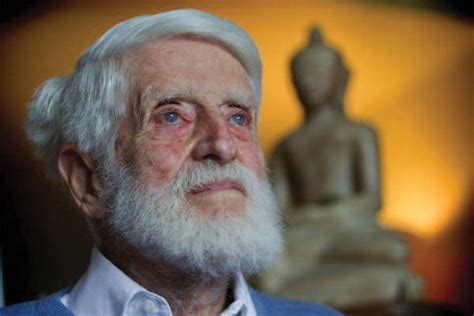A Quote by John C. Maxwell
For leaders to be effective, they need to connect with people.
Related Quotes
I think the characteristics of really effective leaders when people are frightened and depressed are the same qualities that leaders need when people are optimistic. The difference is when people are frightened the need for these few qualities becomes much stronger because frightened people are desperate to have someone they can trust and believe in and who seems to be able to create a better future.
My dream is that people will find a way back home, into their bodies, to connect with the earth, to connect with each other, to connect with the poor, to connect with the broken, to connect with the needy, to connect with people calling out all around us, to connect with the beauty, poetry, the wildness.
You know I think so many of us live outside our bodies. My dream is that people will find a way back home, into their bodies, to connect with the earth, to connect with each other, to connect with the poor, to connect with the broken, to connect with the needy, to connect with people calling out all around us, to connect with the beauty, poetry, the wildness.
Scientists and religious leaders, activists and first nation leaders, CEOs of corporations and actors, all of us need to come together right now, because the planet is in a lot of pain. My job doesn’t always feel like an integral part of the change that needs to occur. If I can offer, in my profession, to do things that are going to allow more people to connect with certain issues, then I hope it’s useful.
In the earlier days of history, kings and leaders went to the battlefield with their men; but today, those who determine that a nation will go to war remain safely behind. The next time leaders talk of warring, all the people should get together and send those leaders to the front lines. Give them a big arena with wonderfully effective ammunition, and the war will be finished in a day





































